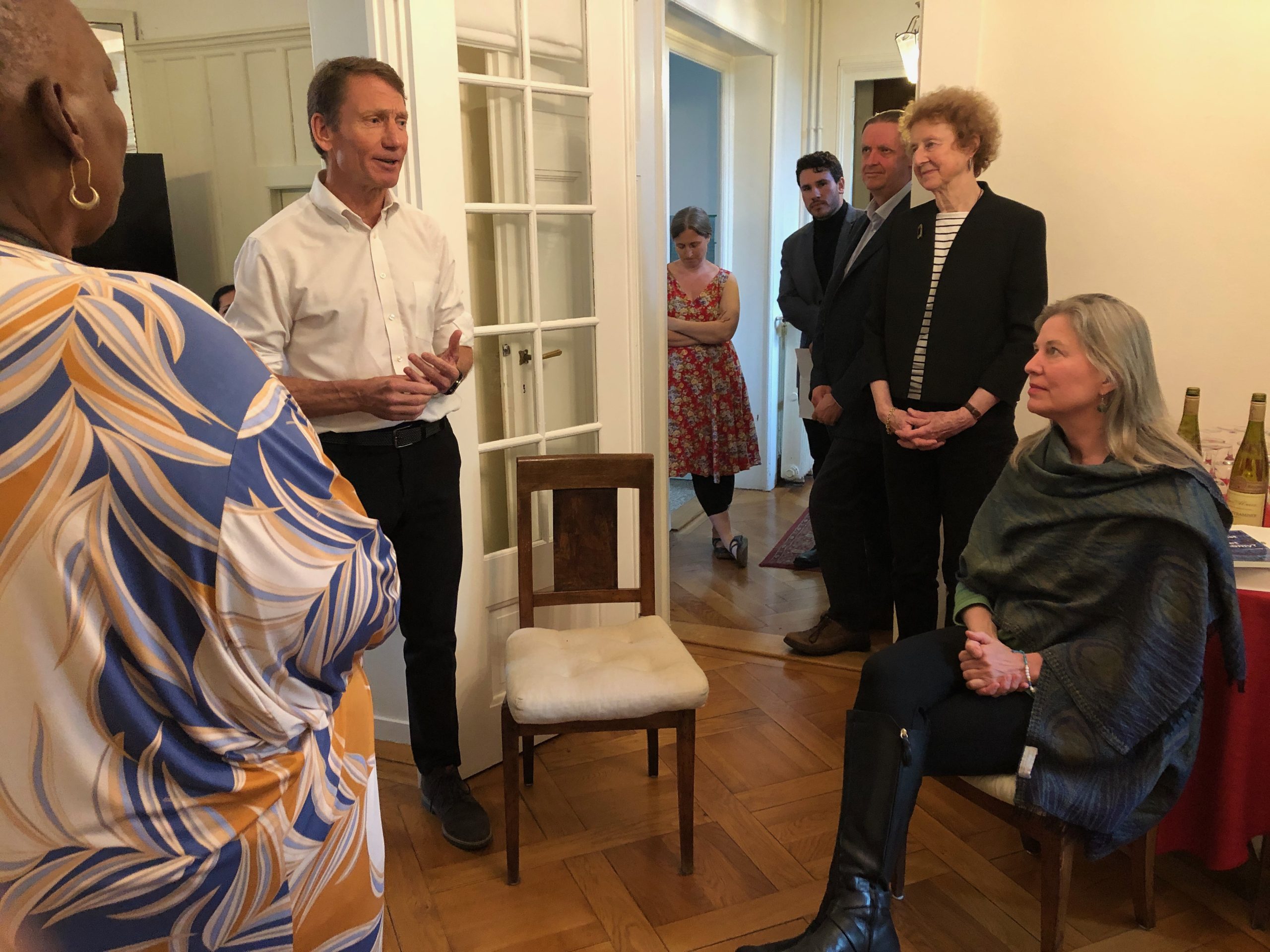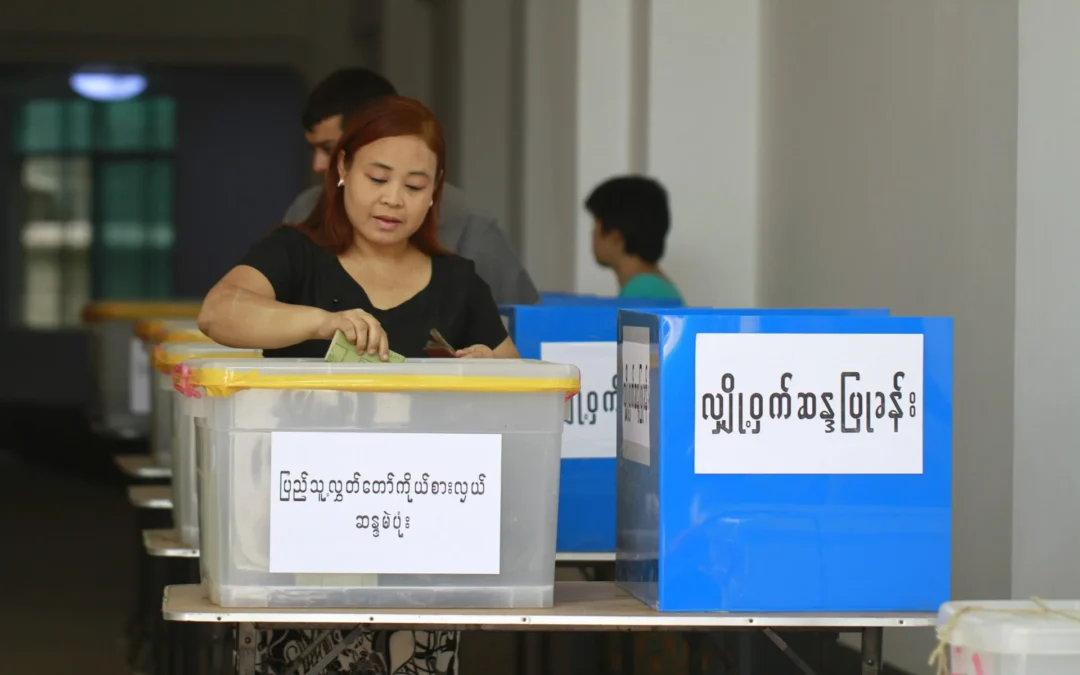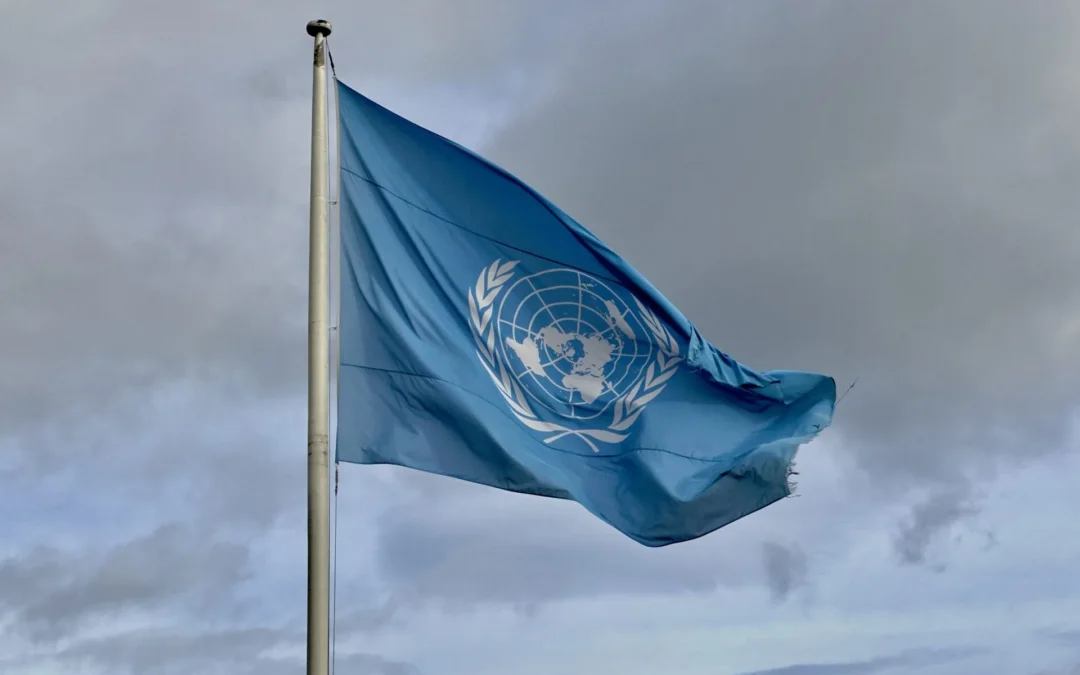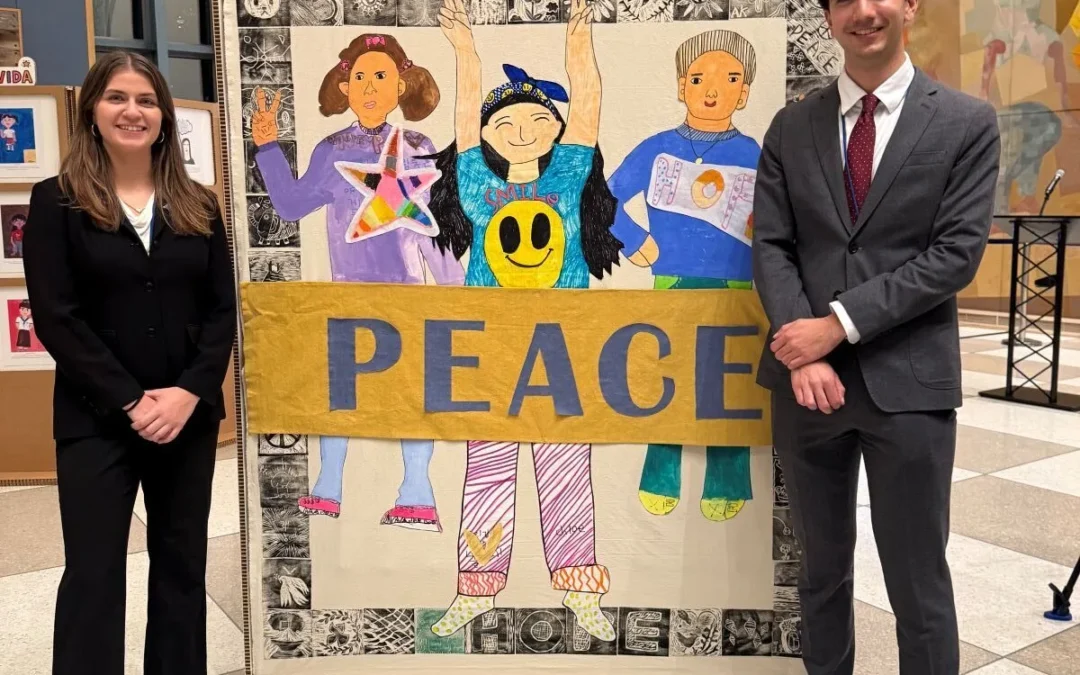As the Quaker United Nations Office (QUNO) celebrates its 75th anniversary this year, it has been engaging in various ways with its most loyal supporters — Quakers.
Quakers are members of the Religious Society of Friends, an organisation founded on a historically Protestant Christian set of denominations and which is today a diverse global community.
Over the last few months, QUNO’s Geneva office has met regularly with Switzerland-based Quakers to strengthen relations and ensure they remain informed about its work at the United Nations.
QUNO Geneva hosted a 75th anniversary celebration at its Quaker House premises in May; attended the Switzerland Yearly Meeting’s (SYM) annual gathering in May; and participated in the Geneva Monthly Meeting’s (GMM) ‘Meet the Neighbours’ picnic at Quaker House in June.
GMM represents Quakers in Geneva, Switzerland, and also held a barbecue at Quaker House in August. Some of QUNO Geneva's staff joined in the fun.
QUNO Geneva director Nozizwe Madlala-Routledge said as the organisation she leads is founded on Quaker values it was important to keep Quakers informed of its work too.
“Our programmes are grounded in the Quaker testimonies of sustainable peace, justice, equality, simplicity, community, and stewardship of the earth,” she said.
“Quakers believe that there is that of the Divine in everyone and are known for speaking out against injustice and war — issues that are incompatible with our vision of a world in which peace and justice prevail.”
Madlala-Routledge said these values have directly informed QUNO’s work “throughout its 75 years as a Quaker presence at the United Nations (UN) where QUNO has had an impact on policies and actions taken by the UN.”
Switzerland-based Quakers Bob Bowers and Caroline Dommen were guest speakers at QUNO’s 75th anniversary celebration, recalling a shared history between QUNO and Quakers that dates back 100 years in Switzerland.
Bowers, who is Co-Clerk of SYM, talked about the early days of Quaker presence at the UN.
“Quaker presence in Geneva goes back to the 1920s and the founding of the League of Nations, which was founded at the same time of the Geneva Monthly Meeting. That brought Quakers to Geneva,” he said.
“The Quaker International Centre was founded in 1923, essentially the origins of QUNO a hundred years ago.”
Bowers said Quakers “want to live our values”.
“It’s particularly strong with Quakers who come to work in Geneva. All sorts of international organisations bring Quakers here to Geneva to pursue action they feel strongly about from the testimonies of peace and inclusion. That drives Quaker concerns and makes the Quaker work that QUNO does part of our existence here in Geneva.”
“The UN is an international forum for peace and conflict resolution and it’s very important that Quakers have a strong presence. We have QUNO with consultative status at the UN,” he said.
Bowers also recalled: “When I walked into the Palais des Nation (UN headquarters in Geneva) I could walk up to individuals and bring them together to Quaker House to speak openly and off-the-record and find common ground.
“That is the point of Quaker advocacy here. It is to bring people together where they can share openly and find the commonality that you need to establish to resolve conflict. Often they are not able to do that at the UN.”
Shortly after this celebration, Madlala-Routledge traveled to Aarau, capital of the northern Swiss canton of Aargau, for the annual SYM planning sessions in May. Its theme was ‘Yes, we can’ and Quakers in attendance rallied around three themes: ‘Peace not War’, ‘Environmental Sustainability’, and ‘Financial Justice’.
These themes align with QUNO’s work which started at the UN in 1948. Since then, QUNO has had an influential role at the UN via its offices in Geneva and New York, working to uphold the original ideal of the UN to strive for sustainable peace and justice.
QUNO’s consistent commitment to speaking with integrity, lifting up the voices of those on the margins and bringing to light diverse perspectives, insights, and concerns, has led Quakers to be recognised as trusted partners who create space for new and creative solutions in response to global challenges.







